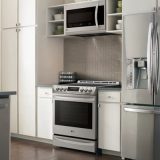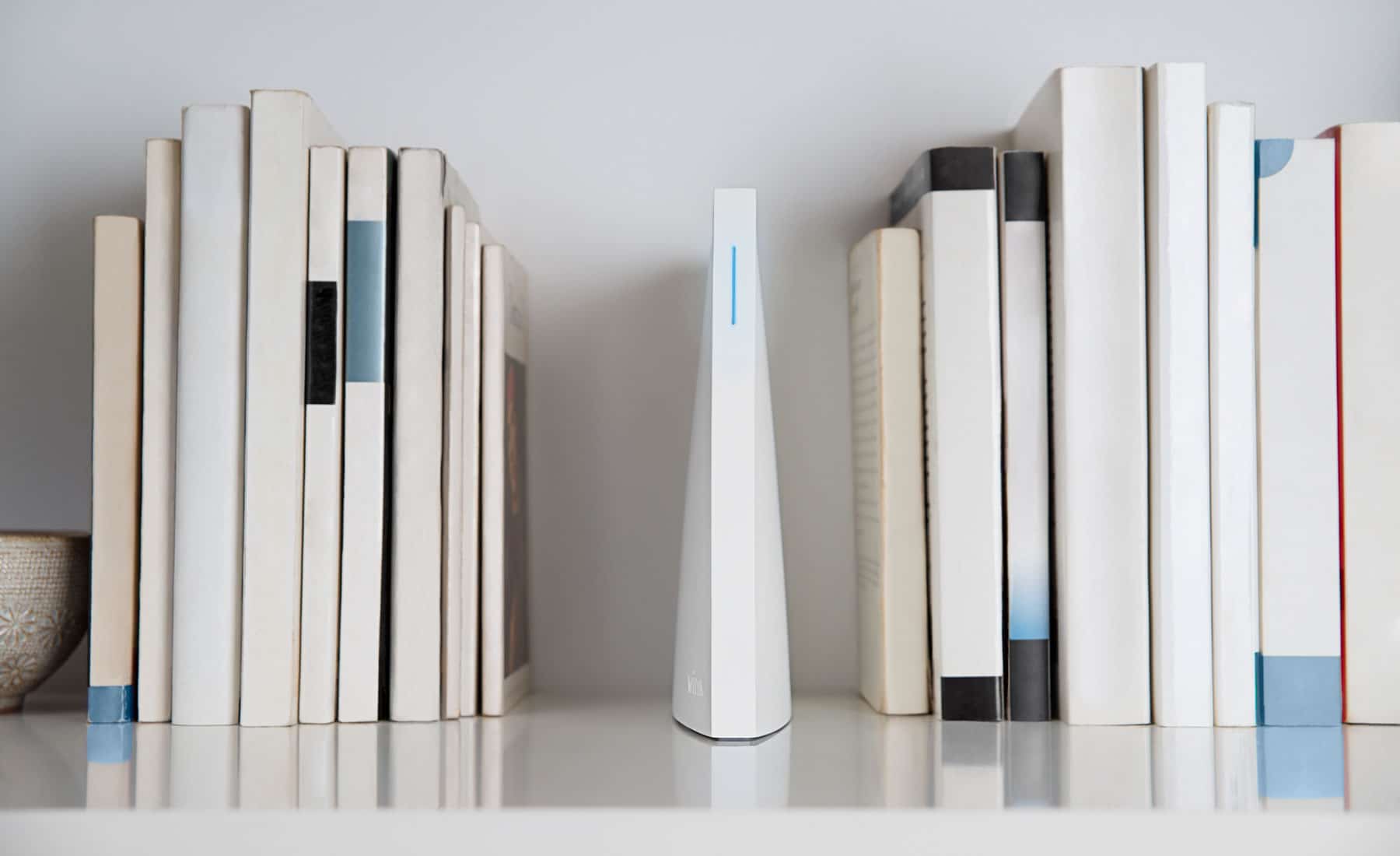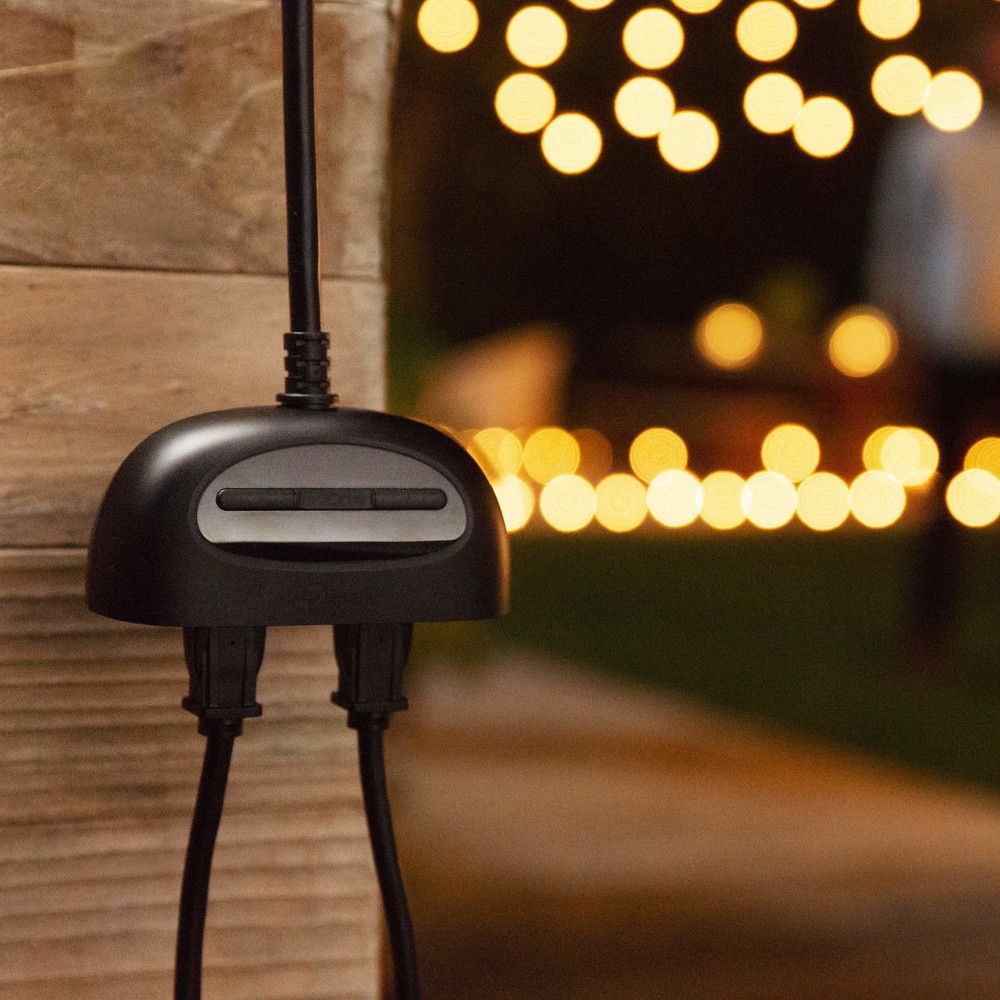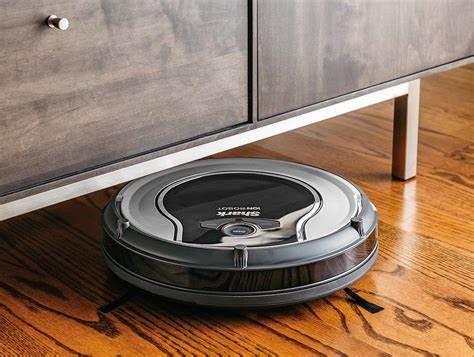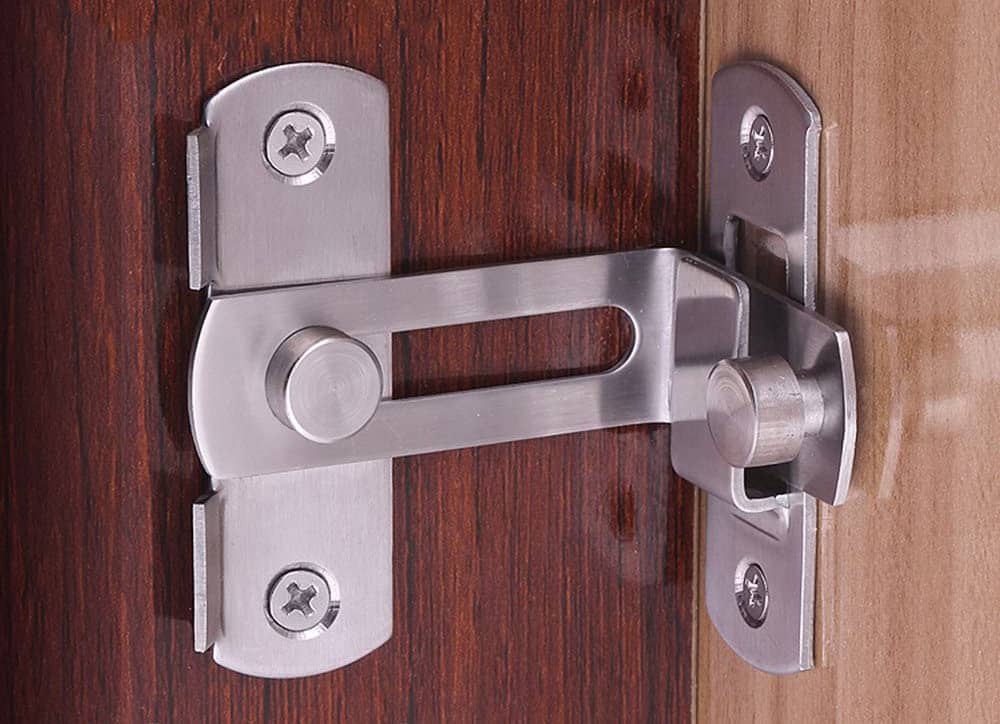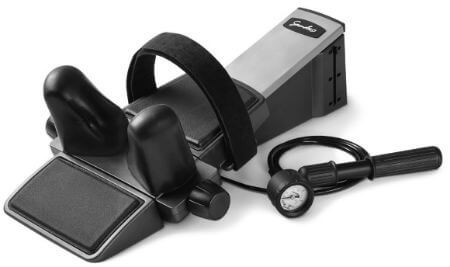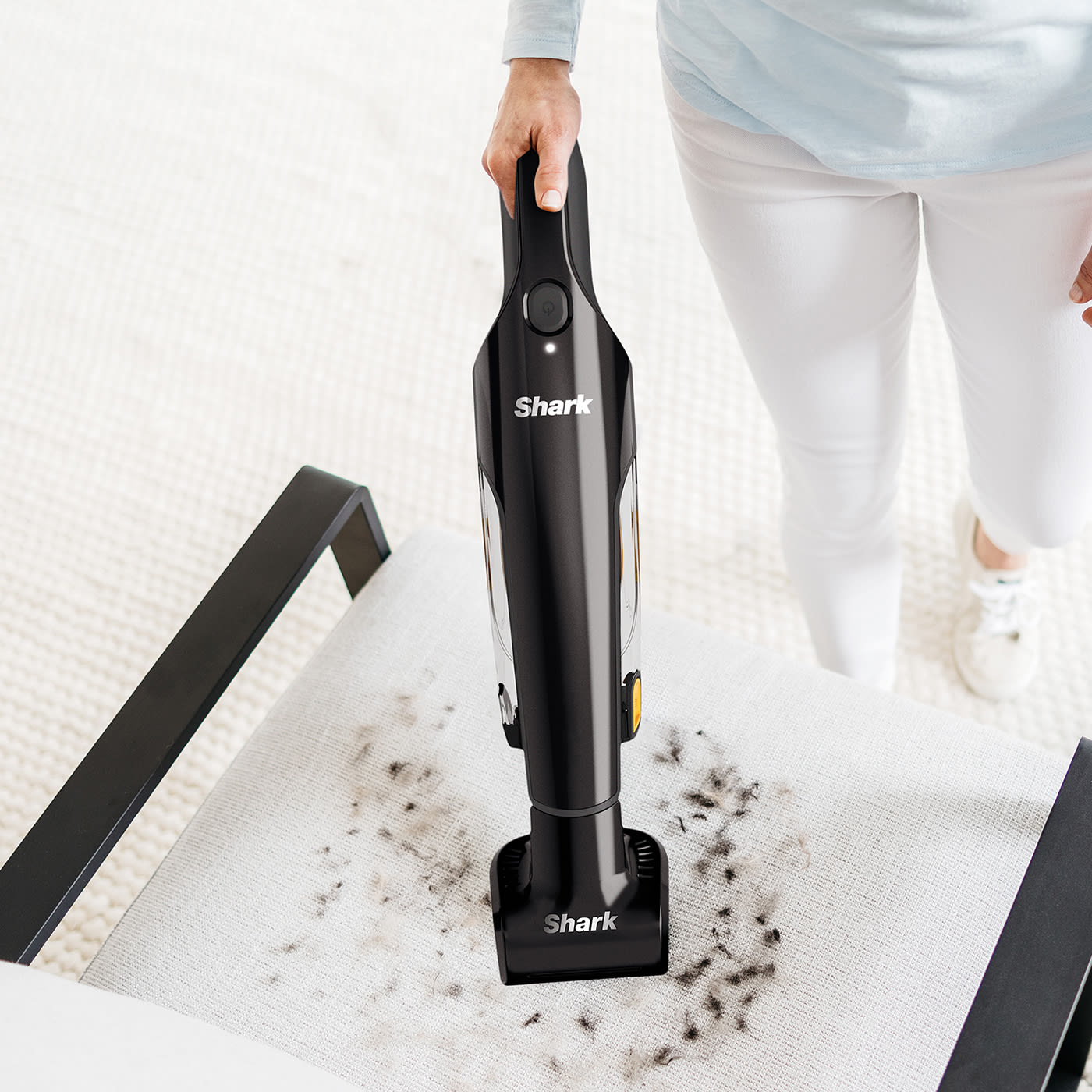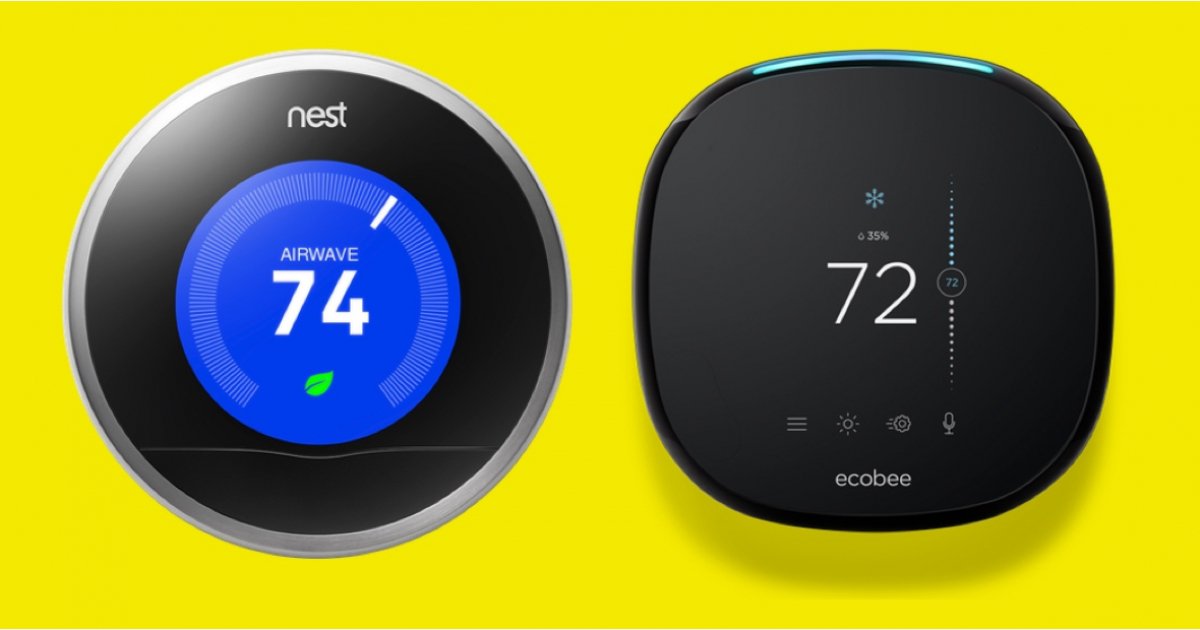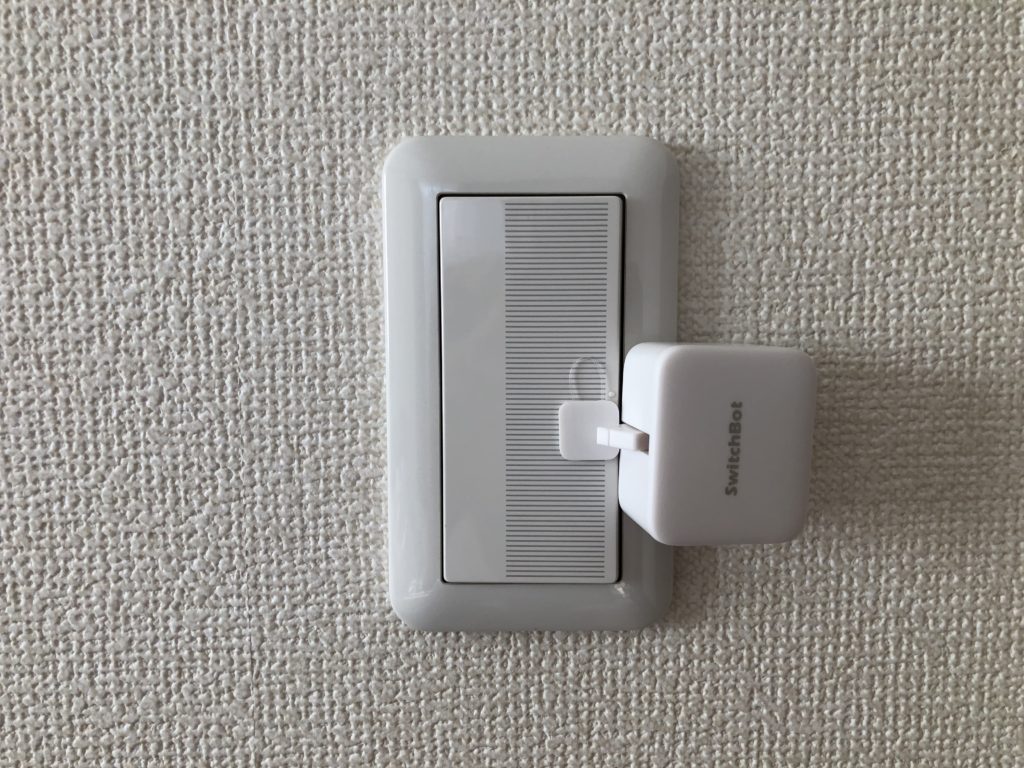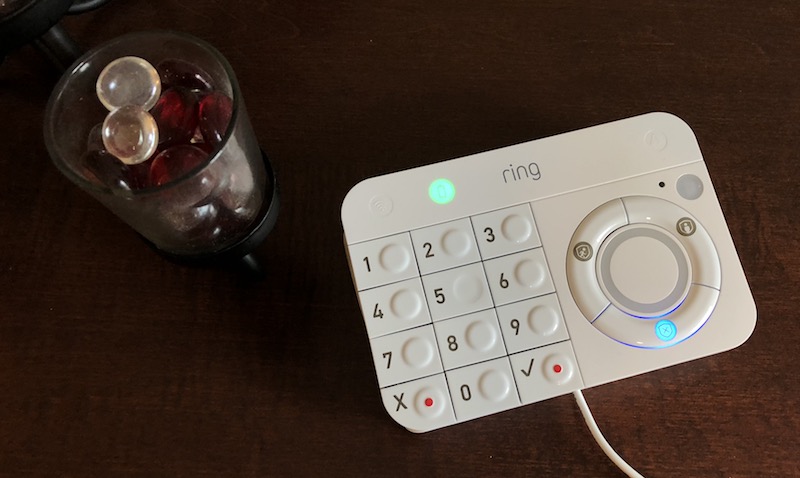When you use hot water at home, your water heater makes some noise. That part is normal.
When your water heater starts making noise, you may not notice it at first. Louder voices, however, will be hard to resist, especially if you know they mean trouble. Take a look at these potential water heater noises, what they mean, and how we can help.
Table of Contents
What Is “Kettling” in a Water Heater?
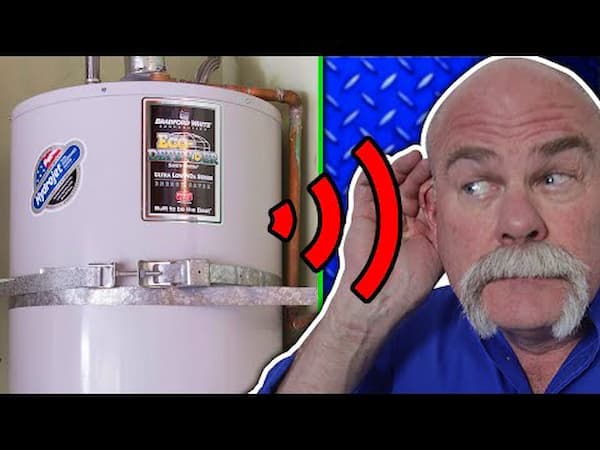
You’re used to the sound your water heater makes when it’s running. If there is abnormal noise interference, it usually indicates that there is a problem requiring repair.
The most common warning sound made by a water heater’s water tank is called a kettling. Kettling is a term for the sound the water heater may make if there is a problem with the system. The name describes the noise, like the whistle of boiling water in a teapot.
The sound is produced when sediment builds up in the water heater system. This sediment will collect in your tank and some of the pipes that carry hot water to your home. These deposits trap hot water, which eventually boils and turns to steam, creating a distinct teapot noise.
Kettling is a warning and you need to call a water heater professional to check the system and make any necessary repairs.
Why is There a Kettling?
Here are seven possible causes of water heater noise.
- A storage tank containing sediment and mineral deposits
- Poor water
- Frequent variation of water pressure
- Leakage and condensation tanks
- Water supply source
- Condition of the heating element
Water Heater Noises You Can’t Ignore
One of the many early warning signs your water heater may provide that requires repair is an uncommon noise. Here are three things to watch out for:
- Kettling: The only thing that should make a high-pitched whistle at home is your teapot. If your water heater is making this noise, make sure it is repaired as soon as possible. Kettling is caused by problems restricting water flow in the home.
- Rumble: You may hear a rumble as your water heater begins to heat up. This could indicate a buildup of sediment in the water heater. As the water warms, it will move around the sediment, creating this noise. A professional can refresh your system to resolve this problem.
- Crackling: Have you noticed that your water heater is crackling? If you have a gas powertrain, this may indicate condensation on your gas burner. This may mean that you need to schedule maintenance as soon as possible to clean things up.
What Should You Do When Your Water Heater Starts To Make Noise?
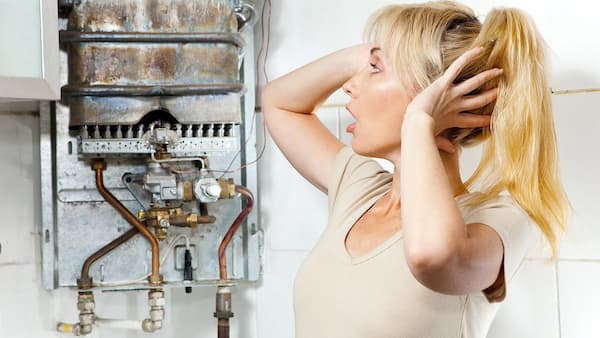
Sizzling Sounds
If your water heater leaks, it may make a hissing sound. When water drips onto the burner, it hisses. If you don’t have hot water, or if you see water on the floor around your heater, it could be leaking.
The solution:
Unfortunately, the fix is not that easy. Water leaks don’t fix themselves. In addition to the wasted water, you are wasting energy because the heater is heating water that no one can use.
Popping Sounds
One of the most common sounds made by water heaters is popping. When this happens, it usually indicates excessive mineral deposits and deposits at the bottom of the water heater. This is especially problematic in areas with hard water. Mineral deposits (mainly lime and calcium), sand, and any debris that might pass through the water supply will stick to the bottom of the water heater.
Eventually, mucus builds up at the bottom and can trap water underneath the sediment. Think of a pot of water on the stove. If you’re not paying attention, if the temperature is too high, the water will boil and will continue to boil until it reaches the sides of the pot. As far as water heaters are concerned, if your model is older, pressure from steam bubbles can cause the tank to explode in some cases.
The solution:
Thankfully, there is a simple solution to this problem. The best way to prevent sediment buildup is to flush out the water heater to remove all mineral deposits and sediments. Mr. Plumber’s certified expert can flush and refill the water heater once a year to prevent sediment buildup, thereby improving performance and service life.
Crackling Sounds
If you have a gas water heater, there may be condensation on the burner. While noise can be annoying, it’s not a sign that there’s anything wrong with your water heater. No action is required.
Screeching Sounds
Harsh noises sometimes indicate that the flow of water is blocked. The most likely cause is an imported control valve on the water heater. A partially closed valve will prevent water from flowing through the pipe.
The solution:
Check the valve to make sure it’s open! If the valve is half-open, turn the valve so that it is now fully open. If that’s the problem, the hiss should stop.
Summary
Water heater noises are very common and they usually indicate that you are at least doing something. We hope this will help you determine what steps you need to take to keep your water heater in optimal condition.





